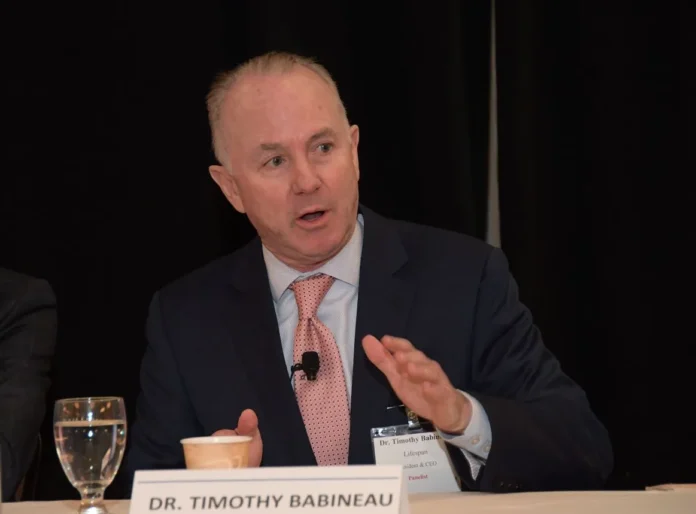A wave of recent retirement and resignation announcements from top executives leaves the state facing a potential leadership gap in some of its most important industries.
Commerce Secretary Stefan Pryor is stepping down from the state’s economic development arm to run for state treasurer. Dr. Timothy J. Babineau, the top executive at Lifespan Corp., resigned on May 31, and Dr. James E. Fanale, CEO and president of Care New England Health System, has said he plans to retire within the year, leaving the state’s two largest hospital systems in limbo amid an ongoing worker shortage and questions about the financial future of both systems.
On June 2, the state said its interim health director, Dr. James McDonald, will be leaving the department next month. The announcement comes less than six months after the department's former leader, Dr. Nicole Alexander-Scott, and her second in command, Thomas McCarthy, stepped down.
In March, longtime Amica Mutual Insurance Co. Chairman, CEO and President Robert A. “Bob” DiMuccio announced plans to retire.
Other recently announced plans to depart include a titan in the Rhode Island nonprofit community, Rhode Island Foundation CEO and President Neil D. Steinberg. And small-business training organization Social Enterprise Greenhouse is losing its CEO, Kelly Ramirez.
The timing amid an ongoing pandemic may be coincidental, with many of the departing leaders citing personal reasons. But taken together, the mass exodus of major players in Rhode Island's business, health care and nonprofit sectors suggests a kind of top-level “brain drain” that could hamper the state’s climb out of the pandemic.
Crucial to how the transition will play out is the succession plans these leaders leave behind, says Michael Ritz, executive director for Leadership Rhode Island.
“A leader is only as effective as how things operate once they’re gone,” Ritz said. “I guess we will find out when these folks leave what truly happens or doesn’t happen.”
Others are optimistic.
The track record of leaders such as Ramirez and Steinberg shows that they have prepared their organizations to endure and thrive after they leave.
“In nonprofits, the leader matters, but the mission matters more,” said Cortney Nicolato, CEO and president of United Way of Rhode Island Inc.
Nicolato, who took over from a “legacy” leader at United Way, Anthony Maione, in 2018, says his achievements set the stage for her to continue and even accelerate the pace of growth that he began. She expects the next leaders of the Rhode Island Foundation and Social Enterprise Greenhouse to experience a similar trajectory.
Pryor’s departure from R.I. Commerce Corp. differs slightly in that Pryor’s skills may continue to serve the state if he wins the general treasurer’s race. The path set out for his successor may also take a turn in a new direction, depending upon who wins the governor’s race, said Wendy Schiller, a political science professor at Brown University.
Even if Pryor hadn’t left on his own, his tenure at the economic development agency may have ended after the November election anyway, as often happens with political appointments after a change in leadership, Schiller said.
The potential shakeups in local, state and congressional offices also could influence who is appointed to fill the leadership positions in health care. Having a new governor, mayor or congressperson may make it more appealing to hire a hospital executive who’s already familiar with the state and its workings rather than an out-of-towner, Schiller said.
“The governor’s race, in particular, creates a lot of uncertainty for health care providers in the state because you don’t know who you’re going to be dealing with,” she said. “To hedge your bets, maybe you go with someone already connected here.”
And the state doesn’t lack for other, qualified leaders to fill these positions, according to Ritz, whose organization provides personal and professional development to community leaders.
But while institutional knowledge goes a long way in a small state, most of these organizations will likely conduct national searches that bring in a large pool of out-of-state candidates, too.
“Rhode Island has shown we are capable of electing or hiring really good people, and that we can attract the very best,” Schiller said. “Holding onto them may be a little bit of a different story, though.”













